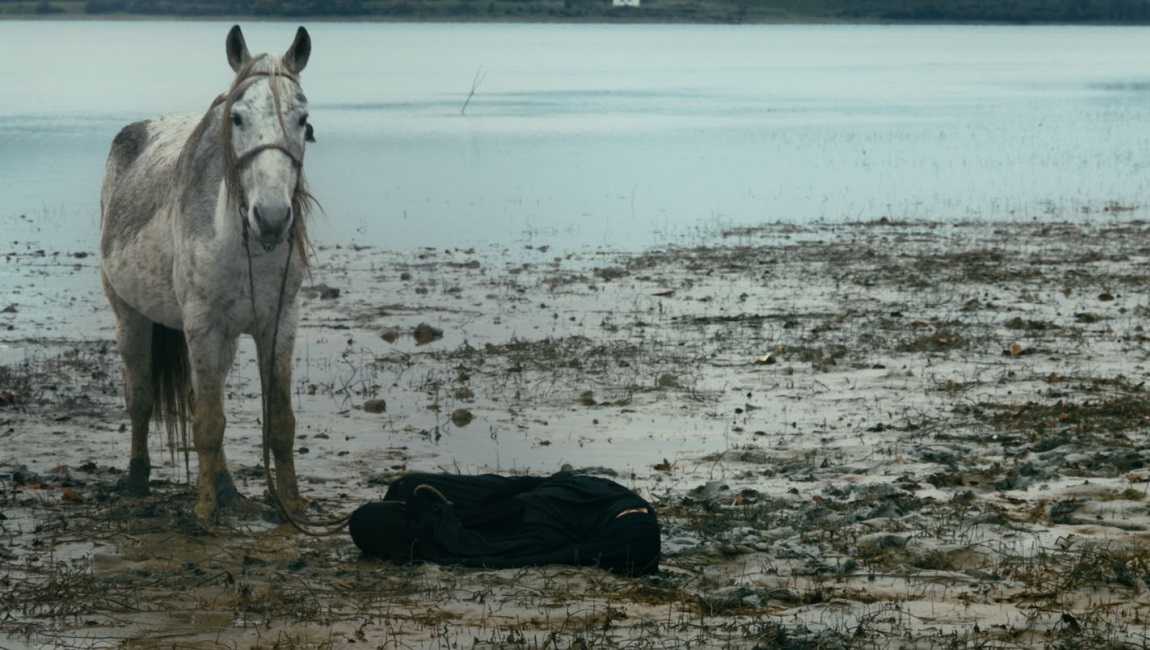Thanks to recent advancements, space travel, once reserved for the world’s elite pilots and engineers, has become something any person with bookoo cash can achieve. The likes of Jeff Bezos’ Blue Origin and Richard Branson’s Virgin Galactic are quickly making space flight less of a scientific achievement and more of a luxury endeavor. It’s partially thanks to these companies that more than 600 people have journeyed to at least sub-orbital heights. When it comes to actual professionals, NASA has sent more than 350 people into space, of which only 16 were Black individuals (as of 2022). While films like Hidden Figures have sought to highlight the role of Black people in the space program, few works have detailed the achievements of Black male and female astronauts specifically. The Space Race, Diego Hurtado de Mendoza and Lisa Cortés’ latest (and her second documentary to premiere at a festival this year), looks to fill this void.
In 1983, Colonel Guion S. Bluford Jr. became the first Black man to travel to space, but the history of Black space travel goes all the way back to the early days of NASA. In 1961, President John F. Kennedy recommended NASA administrators select a Black candidate for the astronaut program in an era of escalating racial tension during the Civil Rights movement. Edward Dwight was chosen for the program, but controversially was not selected for spaceflight, and he subsequently resigned from the Air Force in 1966 in response to the “racial politics” that kept him from advancing. Twenty years later, NASA “corrected” that grievance by selecting Bluford, Frederick D. Gregory, and Ronald E. McNair as part of Astronaut Group 8, which was also the first group to include women and a person of Asian descent. All three would eventually make it to space, though McNair would tragically die in the Challenger disaster.
While it’s none too difficult for a director to spin archival footage, old photographs, and interview voiceover into a movie, it takes a more refined skillset to craft a compelling portrait of those elements in a way that transcends mere info dump. The Space Race’s directorial duo are thankfully up to task, and in fact it’s this very simplicity that helps distinguish their film. Its basic chronological structure holds attention, and it’s clear through their careful, meticulous construction that the filmmakers have a passion for the material. But the film mostly succeeds on the strength of its subjects; Bluford, Gregory, and several other important Black figures in the aerospace field came together for the project, each lending a particular perspective that helps to enrich its telling.
Eventually, toward the end of the film, we meet Victor J. Glover, the first Black crewmember to live on the International Space Station. Glover, whose first mission took place in November 2020, reflects on his monumental role within the program, taking stock of his historic flight within the context of present-day civil rights in the United States, specifically the murder of George Floyd and the consequent Derek Chauvin trial. Consideration of the gulf that this encompasses constitutes the film’s final destination, though it’s an ending fitted with a more hopeful tone of promise and opportunity, while still acknowledging that the racism and indignity that Ed Dwight dealt with all those years ago is still very much alive today. This endpoint is interesting and certainly important, but The Space Race hedges when it comes to addressing the very American brand of systemic racism at the root of all such problems in favor of a more optimistic tone, lending a bit of a rose-tinted sheen to the otherwise excellent work. As the future of travel moves toward space tourism, which caters to the kind of unethical capital that directly relies on and results in structural inequities and injustices, it seems reasonable to retain pessimism for that eventuality. But for the more hopeful, The Space Race also suggests an encouraging route for mankind’s future exploration.
DIRECTOR: Diego Hurtado de Mendoza & Lisa Cortés; DISTRIBUTOR: National Geographic Documentary Films; STREAMING: February 13; RUNTIME: 1 hr. 31 min.
Originally published as part of InRO Weekly — Volume 1, Issue 24
Enjoy our content? Want early access to features, interviews, and more? Support us on Patreon!







